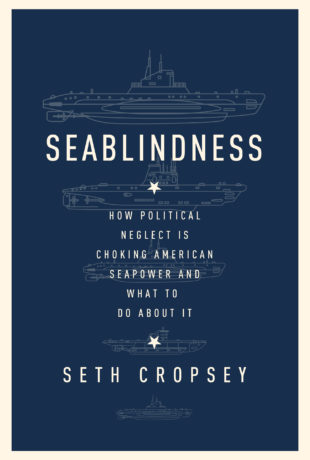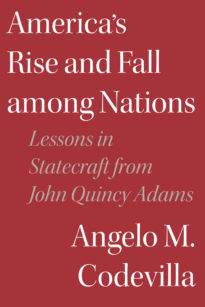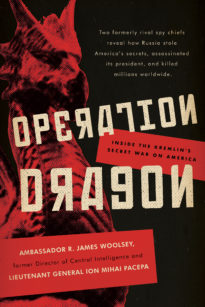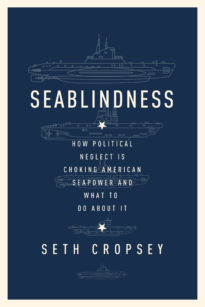We depend on safe transit over the earth’s watery surface for a large portion of our commerce. We depend on the same freedom of maneuver upon the seas for our ability to communicate with allies, as well as to prevent crises from reaching our shores, and to block an enemy from using the oceans to his advantage.
What the author hopes will not endure is the dangerous condition of depleted seapower that existed as an administration elected in 2008 transferred power to the one that Americans chose in 2016. This account is in large measure a picture of where American seapower stood as one administration ended and another took power. It is a description of the challenge that faces the recently elected president.
Measured in size the U.S. combatant fleet today stands at 273 ships, the smallest since before World War I. Propelled by the prospect of ageing ships, built during the Reagan build-up and which must be withdrawn from service, world events, and the rise of would-be competitors, the United States Navy plans for a larger fleet—over the next 30 years.
When complete the fleet that the George W. Bush administration planned for construction over this three-decade period would have numbered 375 vessels. The fleet size that the Obama administration planned to reach at the end of 30 years shrank to 308 vessels, a reduction of nearly one-fifth. Both the Congressional Research Service and the Congressional Budget Office agree that achieving even the reduced fleet size requires significantly more money than the average amount that Navy has received for shipbuilding over recent decades. At the same time the actual fleet in being fell by three percent during the Obama administration. These numbers say nothing about U.S. seapower’s problematic combat readiness, logistic support, and the infrastructure needed to support a fleet. Years of diminished funding have resulted in a hollow Navy as well as a similar hollowing out of the U.S.’s other armed services.
This is not a political document. Responsibility for the state of American seapower in 2017 rests not with a single administration nor with a single Congress. Rather, it is the sum of decisions that policy makers of both major parties and in both the executive and legislative branches of government made as Cold War tensions lifted, as elected and appointed officials turned their gaze from great power issues to terrorism and wars in the Middle East all the while assuming that the U.S.’s trans-oceanic dominance was a given.
Like sheep that have gone astray, we forgot that great power competition may recede or abate, but only temporarily. Great power competition to establish the terms of international order is one of history’s defining characteristics. Throughout history, great maritime powers that forgot, neglected, or were otherwise distracted from the oceanic anchor of their commerce and security fell from their high positions. Such amnesia or strategic befuddlement is called seablindness.













